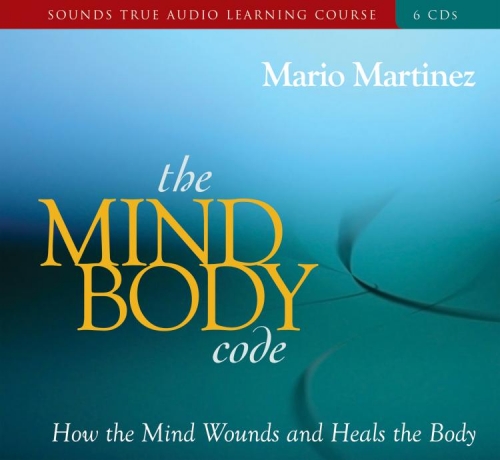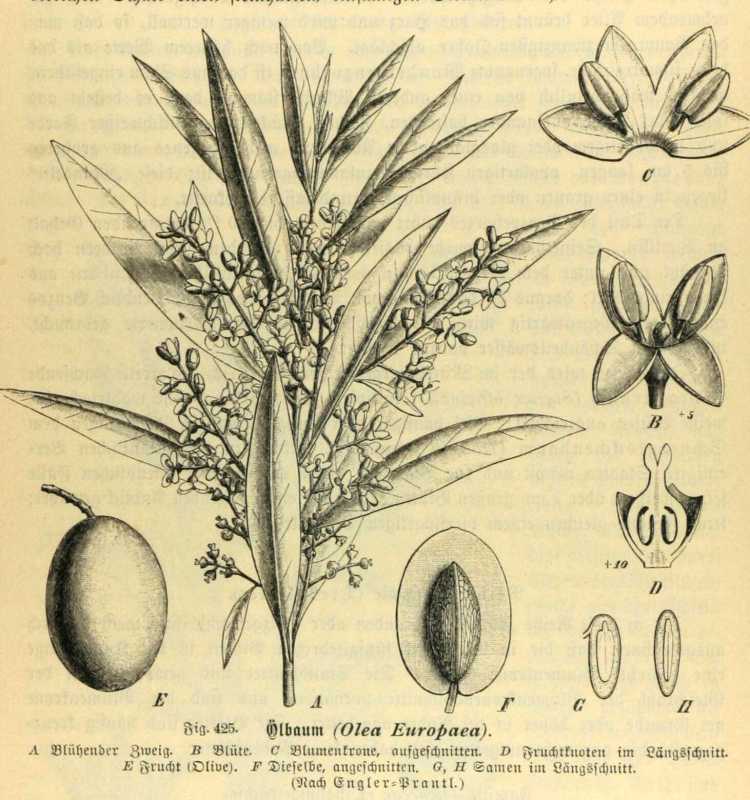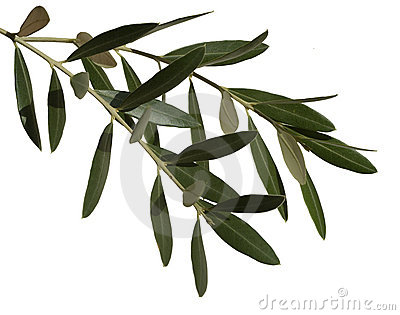The Psychology of Aging and Longevity, by Dr. Mario E. Martinez
“The life sciences have concentrated on the pathology of aging while ignoring the cultural aspects of health in the process of growing older. Growing older is a dynamic cognitive, biological and cultural coauthoring of health rather than a hopeless unfolding of progressive pathology. I propose that this fragmented concept of aging prevents discovering and understanding the cultural determinants that affect longevity.”
-Mario E. Martinez, Psy.D.
Full article here:
http://www.psychicsahar.com/artman/publish/article_418.shtml
7 Foods That Will Naturally Cleanse Your Liver
(I found this article at www.foodmatters.tv)
Our livers work extremely hard every day to protect us from adverse affects from toxins, and often it is easy for our livers to become overworked, compromising our health significantly.
Here are 7 common foods you can include daily to help cleanse your liver naturally.
The primary way in which your body expels toxins is via the liver, which detoxifies and cleanses your body by continuously filtering the blood of poisons that enter it through the digestive tract, the skin, and the respiratory system. But when your liver becomes overworked as a result of stress or excessive exposure to toxins, your entire system can be thrown off balance, and your health severely compromised.
Since the liver is also responsible for producing bile, another form of detoxification that is metabolically necessary for the breakdown and assimilation of fats and proteins from your food, it is exceedingly important that your liver be properly maintained. Without a well-functioning liver, your body will be unable to cleanse itself and absorb nutrients, which is a recipe for a health disaster.
“The thousands of enzyme systems that are responsible for virtually every body activity are constructed in the liver,” writes Dr. Karl Maret, M.D., about the importance of vibrant liver function. “The proper functioning of the eyes, the heart, the brain, the gonads, the joints, and the kidneys, are all dependent on good liver activity.”
“If the liver is impaired from constructing even one of the thousands of enzyme systems the body requires, there is an impairment in overall body function and a resultant greater metabolic stress on the individual.”
So here are seven important foods you may want to begin incorporating into your diet in order to maintain a healthy liver.
1. Garlic
Garlic contains numerous sulfur-containing compounds that activate the liver enzymes responsible for flushing out toxins from the body. This bulbous relative of the onion also contains allicin and selenium, two powerful nutrients proven to help protect the liver from toxic damage, and aid it in the detoxification process.
2. Grapefruit
Grapefruit is rich in natural vitamin C and antioxidants, two powerful liver cleansers. Like garlic, grapefruit contains compounds that boost the production of liver detoxification enzymes. It also contains a flavonoid compound known as naringenin that causes the liver to burn fat rather than store it.
3. Green Tea
Green tea is loaded with catechins, a type of plant antioxidant that has been shown in studies to eliminate liver fat accumulation and promote proper liver function. This powerful herbal beverage also protects the liver against toxins that would otherwise accumulate and cause serious damage.
4. Green Vegetables
Leafy green vegetables such as bitter gourd, arugula, dandelion greens, spinach, mustard greens, and chicory also contain numerous cleansing compounds that neutralize heavy metals, which can bear heavily on the liver. Leafy greens also eliminate pesticides and herbicides from the body, and spur the creation and flow of cleansing bile.
5. Avocado
Rich in glutathione-producing compounds, avocados actively promote liver health by protecting it against toxic overload, and boosting its cleansing power. Some research has shown that eating one or two avocados a week for as little as 30 days can repair a damaged liver.
6. Walnuts
Walnuts, which contain high levels of l-arginine, an amino acid, glutathione, and omega-3 fatty acids, also help detoxify the liver of disease-causing ammonia. Walnuts also help oxygenate the blood, and extracts from their hulls are often used in liver-cleansing formulas.
7. Turmeric
Turmeric, one of the most powerful foods for maintaining a healthy liver, has been shown to actively protect the liver against toxic damage, and even regenerate damaged liver cells. Turmeric also boosts the natural production of bile, shrinks engorged hepatic ducts, and improves overall function of the gallbladder, another body-purifying organ.
Source: http://www.naturalnews.com/035946_liver_cleanse_foods.html#ixzz1vhXqL1DZ
Olive Leaf Extract: Nature’s Antibiotic
Fighting that cold that’s going around? Try olive leaf extract, a natural supplement that has been shown to posess powerful antibacterial, antibiotic properties. Studies have shown that it can even help to lower blood pressure:
http://en.wikipedia.org/wiki/Olive_leaf
http://www.ncbi.nlm.nih.gov/pubmed/12489249
Rose
The healing properties of rose oil, rose water, rose hips, and rose flower essence are fantastic.
http://www.floweressencemagazine.com/feb03/roseessences.html
http://www.aromaweb.com/essential-oils/rose-oil.asp
http://en.wikipedia.org/wiki/Rose_oil
What Ails Us | Interview with Gabor Mate on Chronic Illness, Drug Addiction, and ADD

 Gabor Maté Challenges The Way We Think About Chronic Illness, Drug Addiction, And Attention-Deficit Disorder
Gabor Maté Challenges The Way We Think About Chronic Illness, Drug Addiction, And Attention-Deficit Disorder
The Sun Magazine | What Ails Us.
Adrenal Exhaustion
Check out this insightful article by the wonderful Christiane Northrup, M.D.:
http://www.drnorthrup.com/womenshealth/healthcenter/topic_details.php?topic_id=94
article: http://www.drnorthrup.com/
image: Portrait d’une Jeune Fille, Oskar Kokoshka, c. 1913
Good vs. Bad Fats: Great Article from Bastyr University
Fats are essential to our diets (so you can’t cut them out entirely). But you can make sure you’re putting the right kind into your body.
Not all fats are created equal. New science provides a variety of recommendations about which fats are good for you and which are the most harmful to your health. To cut through the confusion, here is the latest:
Avoid All Trans Fats
This fat is derived from oil that has been mechanically altered or hydrogenated so that it is solid at room temperature. Trans fats are found in many margarines, shortenings and processed foods such as pastries, chips, crackers and cookies.
Claims of “zero trans fats” can be misleading. Look for “hydrogenated or partially hydrogenated vegetable or soy oil” in the ingredients list as a clear indicator that the food product does contain trans fats.
Trans fats increase total cholesterol level and LDL (“bad cholesterol”) while lowering HDL (“good cholesterol”). And maybe even more important, trans fats contribute to a state of inflammation in the body that can negatively impact heart health and increase risk of chronic disease.
Keep Saturated Fats at a Minimum
Consumption of saturated fats (including trans fats) is recommended at levels that contribute no more than 10 percent of total daily fat intake (which itself should be no more than 30 percent of daily calories). Predominantly found in meat and dairy products, saturated fat is associated with increased LDL levels, so managing portion size is important with these foods.
When cooking with butter or ghee (clarified butter), use in small amounts. Coconut oil provides another option, as it remains stable at high temperatures and is less detrimental to LDL levels.
The Healthier Option: Unsaturated Fats
Choose sources of unsaturated fats most often (whether polyunsaturated or monounsaturated) such as safflower, sunflower, olive, flax, canola, walnut and fish oils. These healthier fats help lower LDL and increase HDL.
Olive oil is best for low- to medium-heat cooking and ideal for salad dressing. Canola, grapeseed and sesame are the best unsaturated oils for high-heat cooking. Fish oils found in salmon and cod liver oil are high in omega-3 fatty acids, and also have been found to reduce both LDL and inflammation.
Despite the hazards of overconsumption or overcooking, fats are not all bad for us. They are essential to our diet and required for the body to absorb vital nutrients. Choose wisely for a balanced approach.
— Lisa Westphal, dietetic intern, and Debra A. Boutin, MS, RD, chair and dietetic internship director,Department of Nutrition and Exercise Science at Bastyr University.
Article source: http://www.bastyr.edu/










